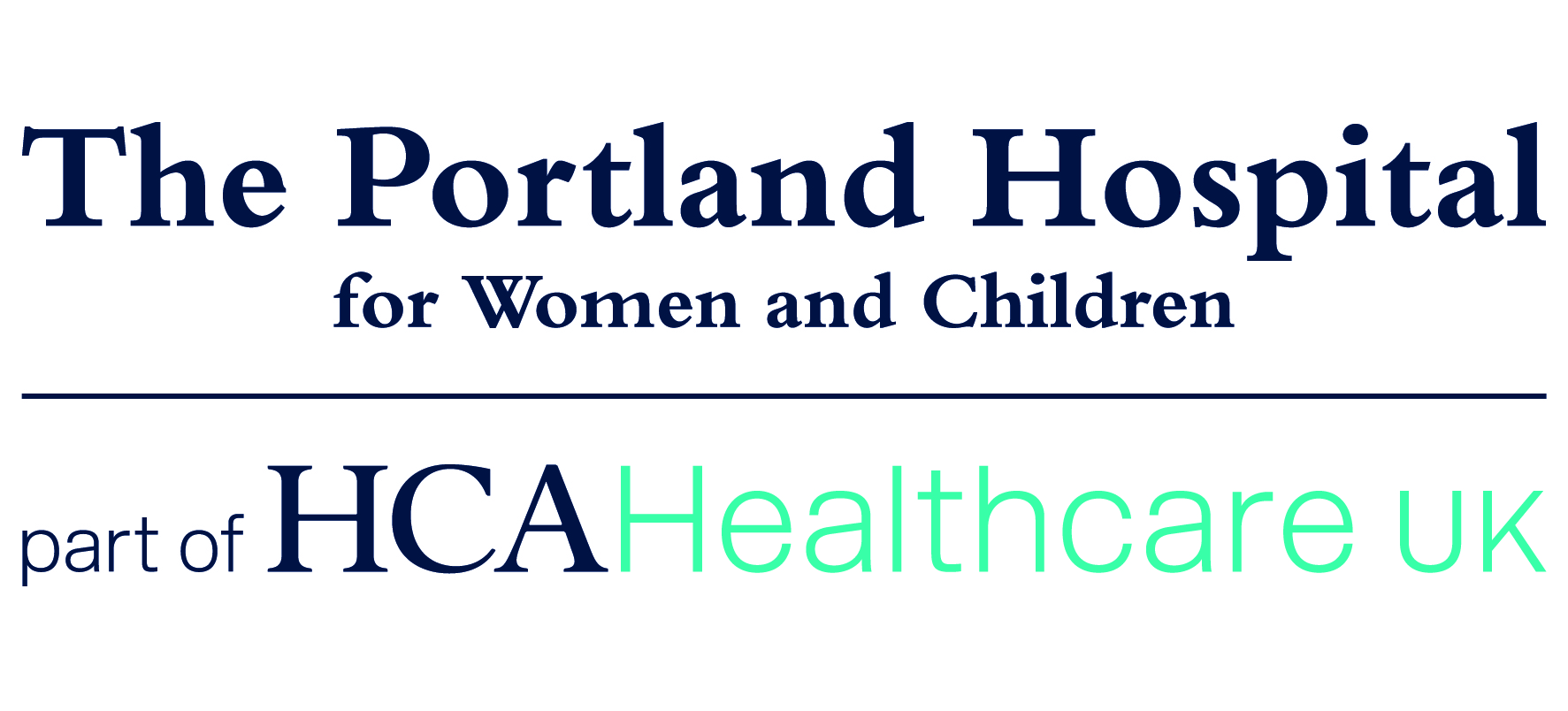
If your baby has a vitamin K deficiency, they might bruise or bleed for no apparent reason. Sadly, most babies with HDN show no warning signs before life-threatening bleeds but they might develop any of the following signs:
Bruising that’s particularly around your baby’s head or face.What is Vitamin K?
Vitamins are substances which the body cannot make and must obtain from food. Each has a different function in the body. Vitamin K helps to make the blood clot, hence bleeding can develop if not enough is supplied through the diet. Newly born babies have smaller stores of Vitamin K at birth than older children and adults. The reason for this is not known, but it can place them at risk of bleeding. As the medical term for bleeding is ‘haemorrhage’, the illness caused is known as Haemorrhagic Disease of the Newborn or Vitamin K Deficiency Bleeding. It is very rare (affecting only about 10-20 babies per year in the UK) but can be serious as bleeding may cause death or brain damage. Vitamin K Deficiency Bleeding (VKDB) usually appears in the first week of life but can occasionally develop in babies a few weeks or months old.
Giving Vitamin K to Your Baby
Vitamin K can be given as drops into the mouth or as an injection but there is no clear agreement among midwives, doctors and experts as to which is best. Here we will explain the pros and cons of each to help you decide what you would like for your baby.
Injection
Drops
What we Recommend
Firstly, we strongly recommend that all babies are given Vitamin K at birth – either as drops or by injection.
Some babies seem to be at greater risk of developing VKDB. These include:
Babies in these groups are at increased risk of VKDB and will be given a Vitamin K injection at birth.
If your baby is healthy and is born at the normal time (full term) it is extremely unlikely that he/she will develop VKDB but we still recommend Vitamin K is given. This is especially so if you are breast feeding your baby. Human breast milk contains very low levels of Vitamin K.
It is important to discuss whether you would like your baby to have the drops or injection.
If you decide to give your baby Vitamin K drops please remember that further doses will be needed at the end of the first week and at one month of age. You will need advice from your Paediatrician or Midwife about this.
How would I know if my baby has VKDB?
If your baby has a vitamin K deficiency, they might bruise or bleed for no apparent reason. Sadly, most babies with HDN show no warning signs before life-threatening bleeds but they might develop any of the following signs:
What if I say no to vitamin K for my baby?
Most parents take up the offer of vitamin K but you don’t have to. In babies who did not receive vitamin K at birth, around 0.25% to 1.7% will develop classic vitamin K deficiency bleeding. Five to seven per 100,000 babies will develop late VKDB.
For a list of useful contact details for The Portland Hospital, please click HERE.
